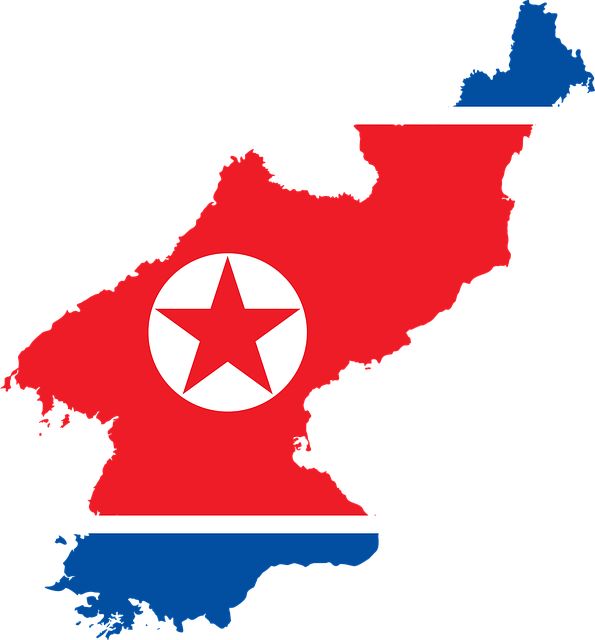

It is likely that the history of the Joint Comprehensive Plan of Action (JCPOA) with Iran will repeat itself with the Open Skies Treaty according to VCDNP Senior Fellow Angela Kane in an article published by Sputnik.
The United States withdrew from the JCPOA on 8 May 2018, while the other signatories have so far remained. Ms. Kane posits that the same will likely be true for the Open Skies Treaty, which allows its 34 ratifying States to conduct reconnaissance flights over the others' entire territories to collect data on military forces and activities. On 21 May 2020, United States President Donald Trump began the process of withdrawal from the Open Skies Treaty within six months, pending the resolution of accusations on Russian non-compliance.
Ms. Kane is doubtful that the US will reverse this decision, marking the next in a series of "fait accompli" decisions on arms control and risk reduction, including the JCPOA, the Intermediate-Range Nuclear Forces (INF) Treaty and, as many fear, the 2010 Strategic Arms Reduction Treaty (New START).
"I don't believe that it is a matter of re-negotiation," remarked Ms. Kane. "Every agreement has flaws, but they should be addressed not with threats but by sitting down with treaty parties and airing the disagreements and clarifying concerns in order to find solutions."
Read the full article here.

